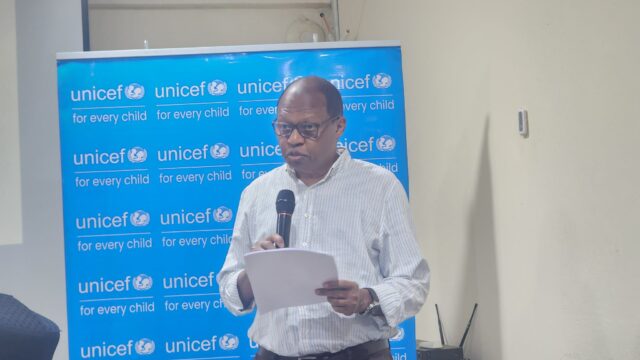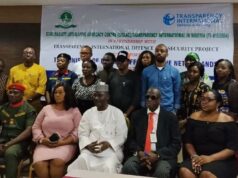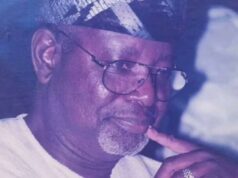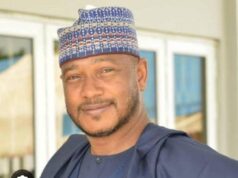The United Nations Children’s Fund (UNICEF) has urged Nigerian journalists to place ethics and child rights at the centre of their reporting, warning that irresponsible coverage could deepen social divisions and harm vulnerable children.
Speaking at a two-day training for media practitioners in Kano State ,yesterday, UNICEF’s Chief of Field Office, Rahama Muhammed, said ethical journalism was “the very bedrock of a functioning society,” especially in a fragile region like northwest Nigeria.
He stressed that responsible reporting could heal division, build trust, and promote peace, while careless reporting risked inflaming tensions.
“Ethical journalism, characterised by accuracy, fairness, and balance, is the antidote to misinformation and hate speech.
“In societies marked by insecurity and tension, responsible reporting can cool tempers and foster dialogue,”Muhammed told participants.
He explained that ethical reporting meant safeguarding children’s identities, ensuring consent, and avoiding stories that could retraumatise those affected by violence, conflict, or abuse.
“Children are not miniature adults. They are vulnerable, impressionable, and their futures are shaped by how we represent them.
“A sensational headline might sell newspapers, but an ethical story protects a child’s right to a future free from shame and harm,”he said.
Muhammed further noted that credibility and professionalism remain the strongest assets for journalists in an age of “social media chaos,” where falsehoods and half-truths spread quickly.
“Integrity is your brand.The courage to report truthfully and fairly is a profound act of patriotism.”
He urged participants to fact-check diligently, prioritise the best interests of children in their work, and hold themselves accountable to the highest ethical standards.
In his welcome address, the Director of the Child Rights Information Bureau at the Federal Ministry of Information and National Orientation, Toye Falaye, said Nigerian journalists still have much to do in creating a media landscape that protects children’s dignity.
He stressed that the press has a critical role in safeguarding children’s rights and shaping decisions that affect their lives.
“It is our hope that this training will help strike a balance between telling compelling stories and upholding the highest standards of integrity,” Falaye said.




